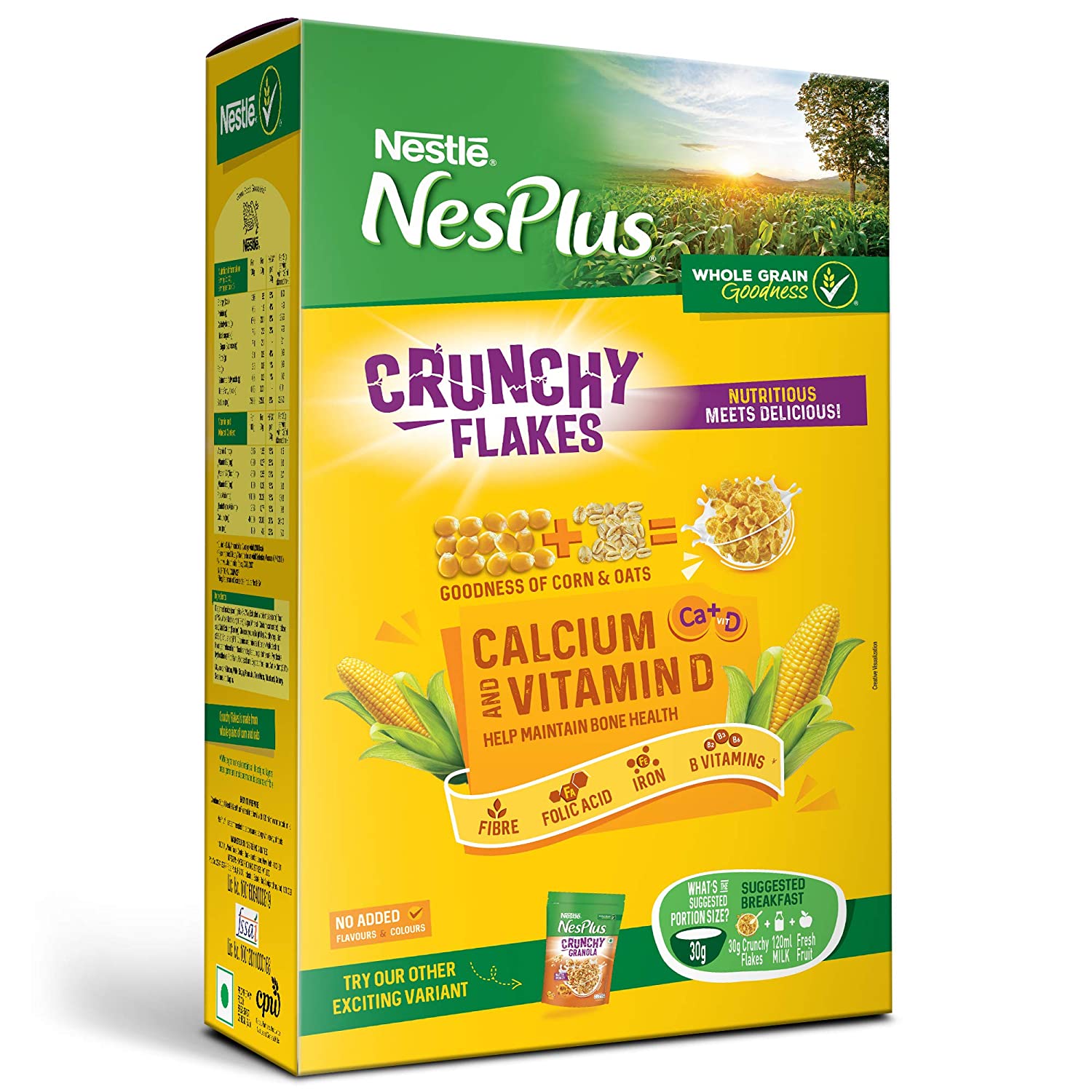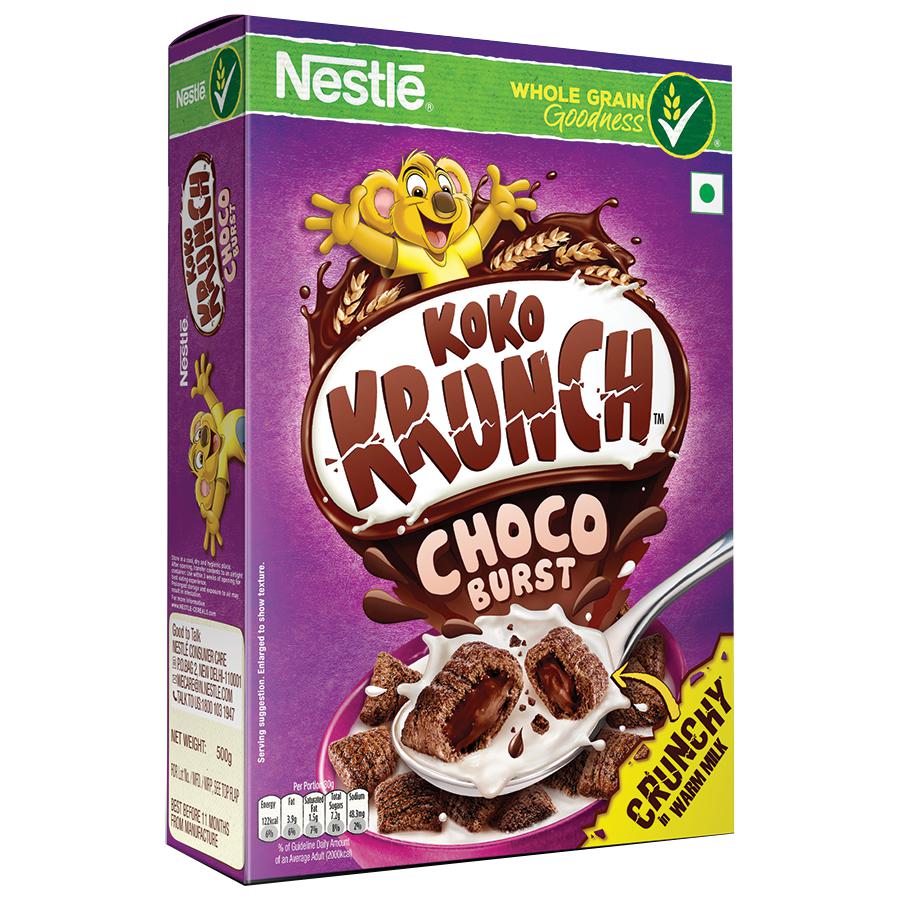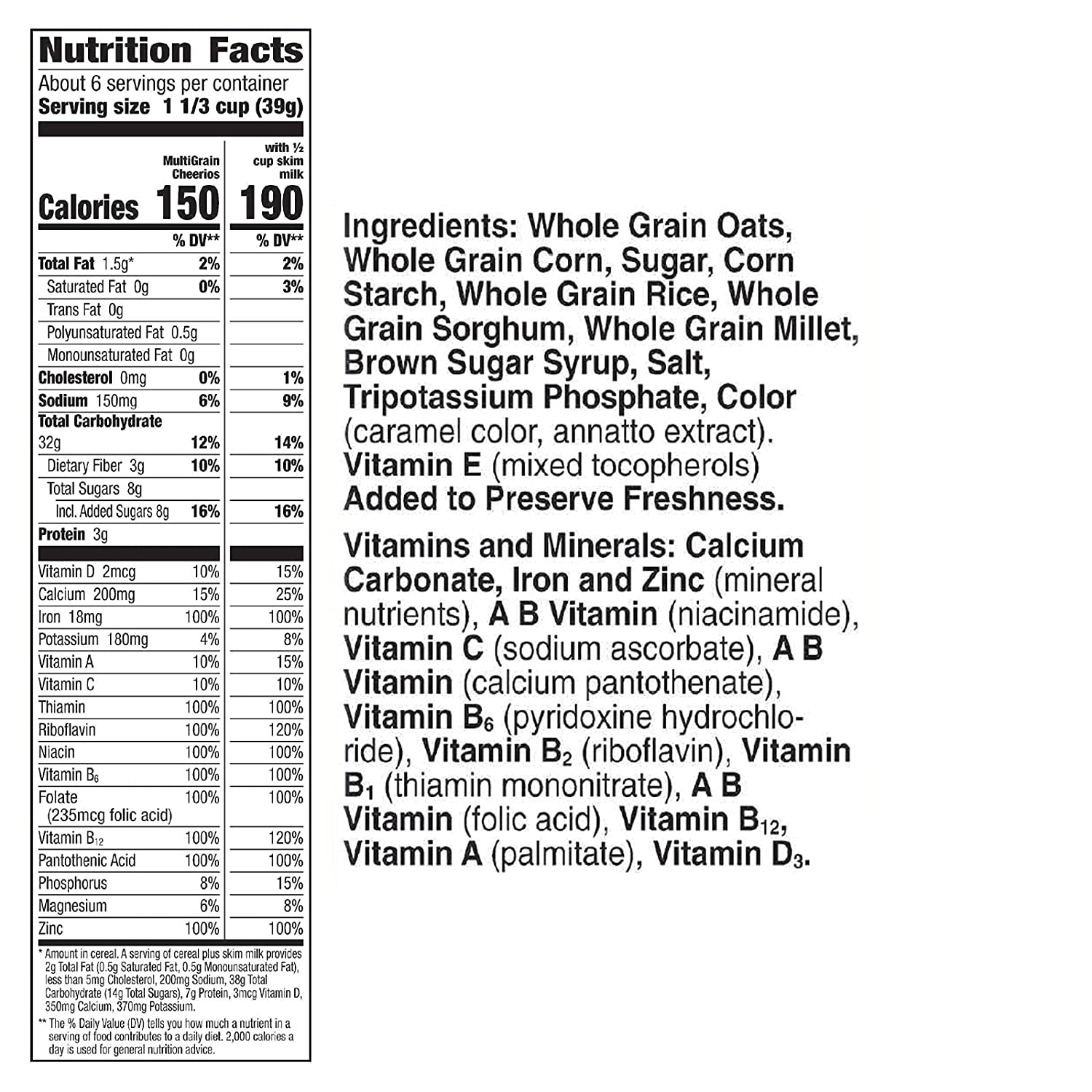Vitamin B5 (Pantothenic Acid)
Micronutrient
Last update date: October 11, 2023
Vitamin B5 is also known as Pantothenic Acid and it helps to turn the food you eat into the energy you need.
Frequently Asked Questions
1.
What is Vitamin B5 (Pantothenic Acid)?
Vitamin B5, also known as pantothenic acid or Pantothenate, is a water-soluble vitamin that belongs to the B group of vitamins. It plays a crucial role in producing energy by breaking down fats and carbohydrates. Additionally, it promotes the health of your skin, hair, eyes, and liver. The name "pantothenic" originates from the Greek word "pantou," meaning everywhere, because this vitamin is found in almost all foods, although in small quantities.
2.
What is positive impact of Vitamin B5 (Pantothenic Acid)?
Apart from its involvement in energy production from fats and carbohydrates, vitamin B5 is vital for the production of red blood cells and the synthesis of sex and stress-related hormones produced in the adrenal glands. These glands, located atop your kidneys, are responsible for hormonal regulation. Vitamin B5 also contributes to maintaining a healthy digestive tract and assists the body in utilizing other vitamins, particularly B2 (riboflavin). Although often referred to as the "anti-stress" vitamin, there is no conclusive evidence to prove its effectiveness in helping the body withstand stress. Furthermore, research is being conducted to investigate whether a derivative of pantothenic acid called pantethine can lower cholesterol levels.
3.
What is negative impact of Vitamin B5 (Pantothenic Acid)?
Deficiency of vitamin B5 is uncommon but can lead to symptoms such as fatigue, insomnia, depression, irritability, vomiting, stomach pains, burning feet, and upper respiratory infections.
4.
Who should avoid Vitamin B5 (Pantothenic Acid)?
Vitamin B5 is generally considered safe when consumed at the recommended daily intake or slightly higher doses. However, very high doses may result in diarrhea and an increased risk of bleeding. Pregnant and breastfeeding women should not exceed the daily adequate intake unless specifically advised by their doctor.
5.
What are common sources of Vitamin B5 (Pantothenic Acid)?
Pantothenic acid can be found in almost all plant and animal foods since it is present in all living cells. Some of the best sources of this nutrient include beef, chicken, organ meats (such as liver and kidney), fortified cereals, and certain vegetables. Other sources include mushrooms, avocados, nuts, seeds, dairy milk, yogurt, potatoes, eggs, brown rice, oats, and broccoli. Including a variety of these foods in your diet can help ensure an adequate intake of vitamin B5.

























